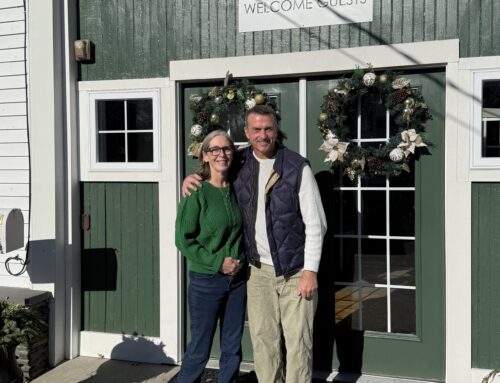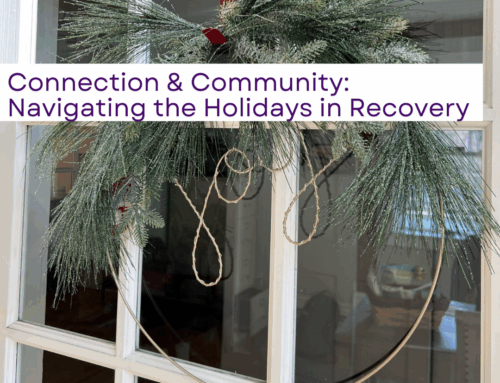
As we welcome in 2025, we’re not just changing a number – we’re embracing an opportunity for transformation. Whether you’re looking to break old habits, forge new paths, or simply continue on a journey of self-improvement, the new year offers a unique and powerful momentum. It’s a time when our collective energy and optimism can fuel individual change, creating a ripple effect of personal and societal growth.
But what does it truly mean to become the “best version of yourself”? Is it about achieving specific goals, or is it a more profound journey of self-discovery and acceptance? Look beyond the traditional resolutions that often fade by February, and instead focus on sustainable changes and mindset shifts that can lead to lasting personal transformation and evolution.
The Power of Intention
New Year’s resolutions sometimes get a bad rap. We’ve all experienced the enthusiasm of January 1st, only to find our resolve waning by February. But the problem isn’t with setting goals – it’s with how we approach them.
This year, instead of making resolutions, try setting intentions. An intention is a guiding principle for how you want to be, live, and show up in the world. Unlike a specific goal (lose 20 pounds, quit smoking), an intention is a broader commitment to your overall well-being (nurture my body, prioritize my health).
Holistic Wellness: The Foundation of Your Best Self
To truly become the best version of yourself, it’s essential to nurture all aspects of your being:
- Physical Health: Your body is your temple. Commit to nourishing it with wholesome foods, regular exercise, and adequate rest. Remember, small consistent changes often lead to the most sustainable results.
- Mental and Emotional Well-being: Your mind deserves just as much care as your body. Practice mindfulness, seek therapy if needed, and cultivate positive thinking patterns. Self-awareness is a key component of change.
- Spiritual Growth: Whether through organized religion, meditation, or connecting with nature, nurturing your spiritual side can provide a sense of purpose and peace.
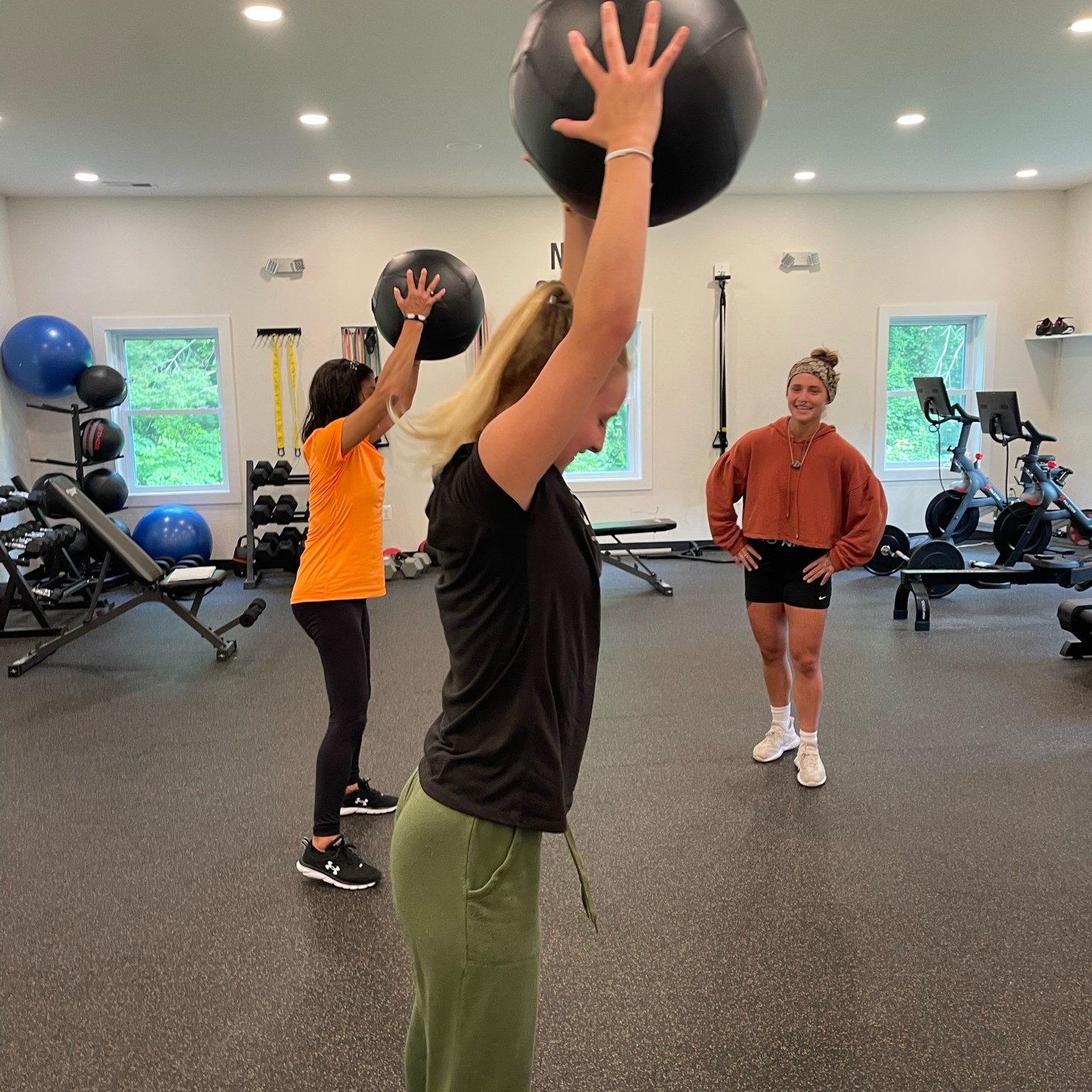
- Social Connections: Humans are social creatures. Invest in meaningful relationships and create a supportive community around you. Don’t be afraid to let go of connections that no longer serve your highest good.
- Intellectual and Creative Stimulation: Keep your mind sharp by learning new skills, reading widely, and engaging in thought-provoking discussions. Intellectual and creative growth keep life exciting and can open new doors of opportunity.
Practical Steps for Transformation
While the journey to becoming your best self is deeply personal, here are some practical steps that can guide you:

- Reflect and Assess: Take time to honestly evaluate different areas of your life. What’s working well? What needs improvement? Use this self-awareness as a starting point for change.
- Set SMART Intentions: Make your intentions Specific, Measurable, Achievable, Relevant, and Time-bound. For example, instead of “exercise more,” try “engage in 30 minutes of physical activity 5 days a week.”
- Create a Vision Board: Visualizing your intentions can be a powerful motivator. Collect images, quotes, and symbols that represent your aspirations for 2025 and beyond.
- Develop Supportive Habits: Your daily habits shape your life. Identify habits that align with your intentions and gradually incorporate them into your routine.
- Practice Self-Compassion: Change is rarely linear. There will be setbacks and challenges. Treat yourself with kindness and understanding throughout the process.
- Seek Support: Whether it’s friends, family, a therapist, or a support group, don’t hesitate to lean on others.
- Celebrate Progress: Acknowledge and celebrate your wins, no matter how small. This positive reinforcement can help maintain motivation over time.
Overcoming Common Obstacles
As you embark on your journey of self-improvement, be prepared for obstacles. Here are some common challenges and strategies to overcome them:
- Perfectionism: Remember, progress is more important than perfection. Focus on consistent effort rather than flawless execution.
- Overwhelm: If you feel overwhelmed, break your intentions down into smaller, manageable steps. Rome wasn’t built in a day, and neither is your best self.
- Lack of Motivation: Connect your intentions to your core values. When you understand the ‘why’ behind your goals, it’s easier to stay motivated.
- Negative Self-Talk: Be mindful of your inner dialogue. Challenge negative thoughts and replace them with affirming, supportive ones. Speak to yourself the same way you would a loved one or a treasured friend.
- Setbacks: View setbacks as learning opportunities rather than failures. What can you learn from the experience to move forward more effectively?
The Role of Recovery in Self-Improvement
For many, the journey to becoming their best self involves recovery from addiction, trauma, or mental health challenges. If this resonates with you, know that you’re not alone. Recovery, from anything, is a courageous act of self-love and an integral part of personal growth.
As individuals progress through recovery, they often discover inner strengths they didn’t know they possessed and develop new coping mechanisms to replace harmful behaviors. This process involves not only abstaining from the substance or behavior but also addressing underlying issues that may have contributed to the addiction.
Self-improvement and goal setting are closely intertwined with recovery and can be powerful tools. Setting realistic, achievable goals provides a sense of purpose and direction, helping individuals focus on positive outcomes rather than past struggles.
Goals may encompass various aspects of life, such as rebuilding relationships, pursuing education, or improving physical health. As people in recovery work towards their objectives, they build self-esteem and develop a more positive self-image. This process of continual growth and self-discovery can help reinforce the decision to stay sober and build a life filled with purpose and joy.
Embracing Continuous Growth
Becoming the best version of yourself is not a destination – it’s an ongoing journey. As you grow and evolve, your definition of your ‘best self’ may change, and that’s okay. The key is to remain open to growth, willing to learn, and committed to your well-being.
As we step into 2025, remember that you have the power to shape your life. Every day offers a new opportunity to align your actions with your intentions and move closer to the person you aspire to be.
Here’s to a year of growth, healing, and becoming the best version of YOU. Welcome to 2025 – your year of transformation!
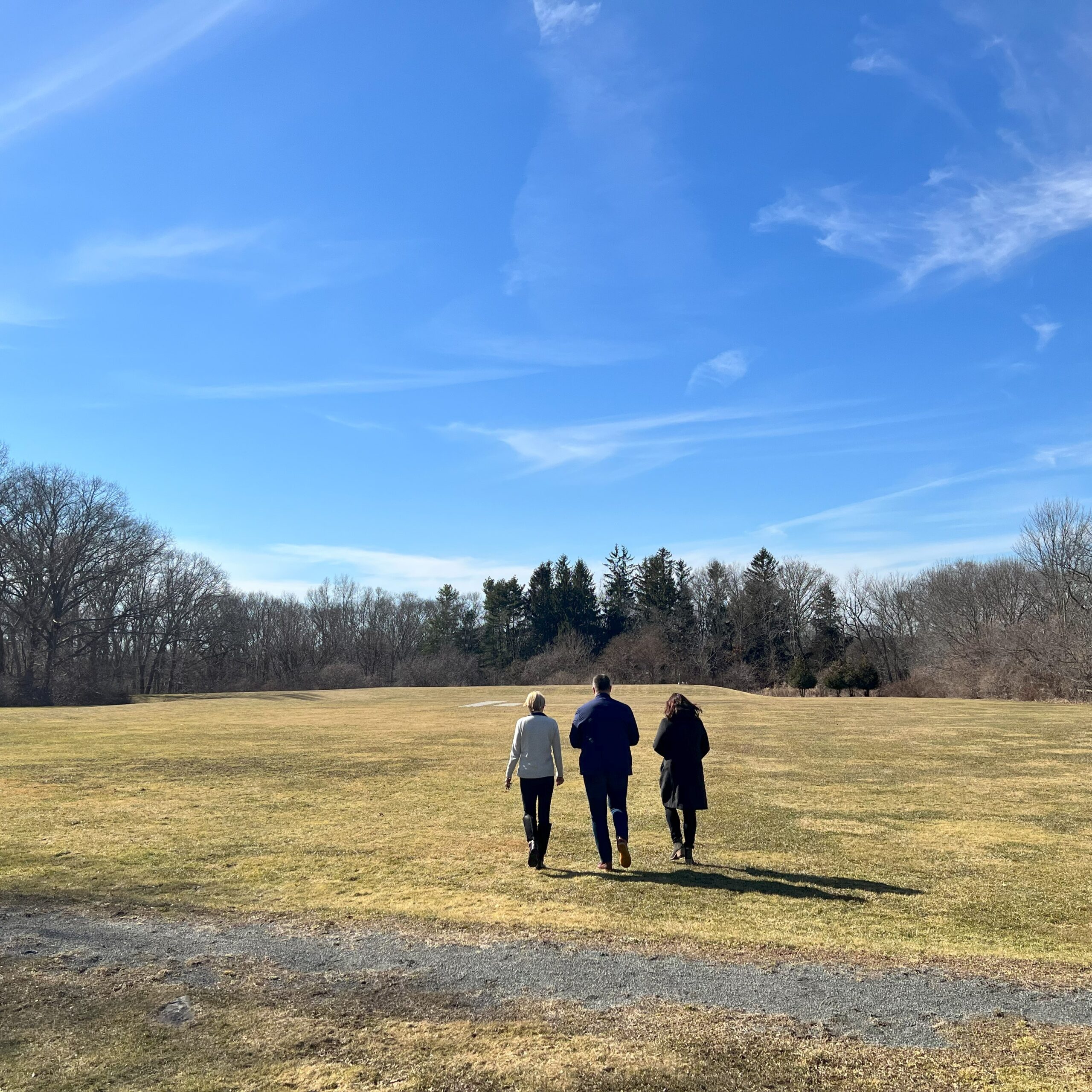
About Herren Wellness
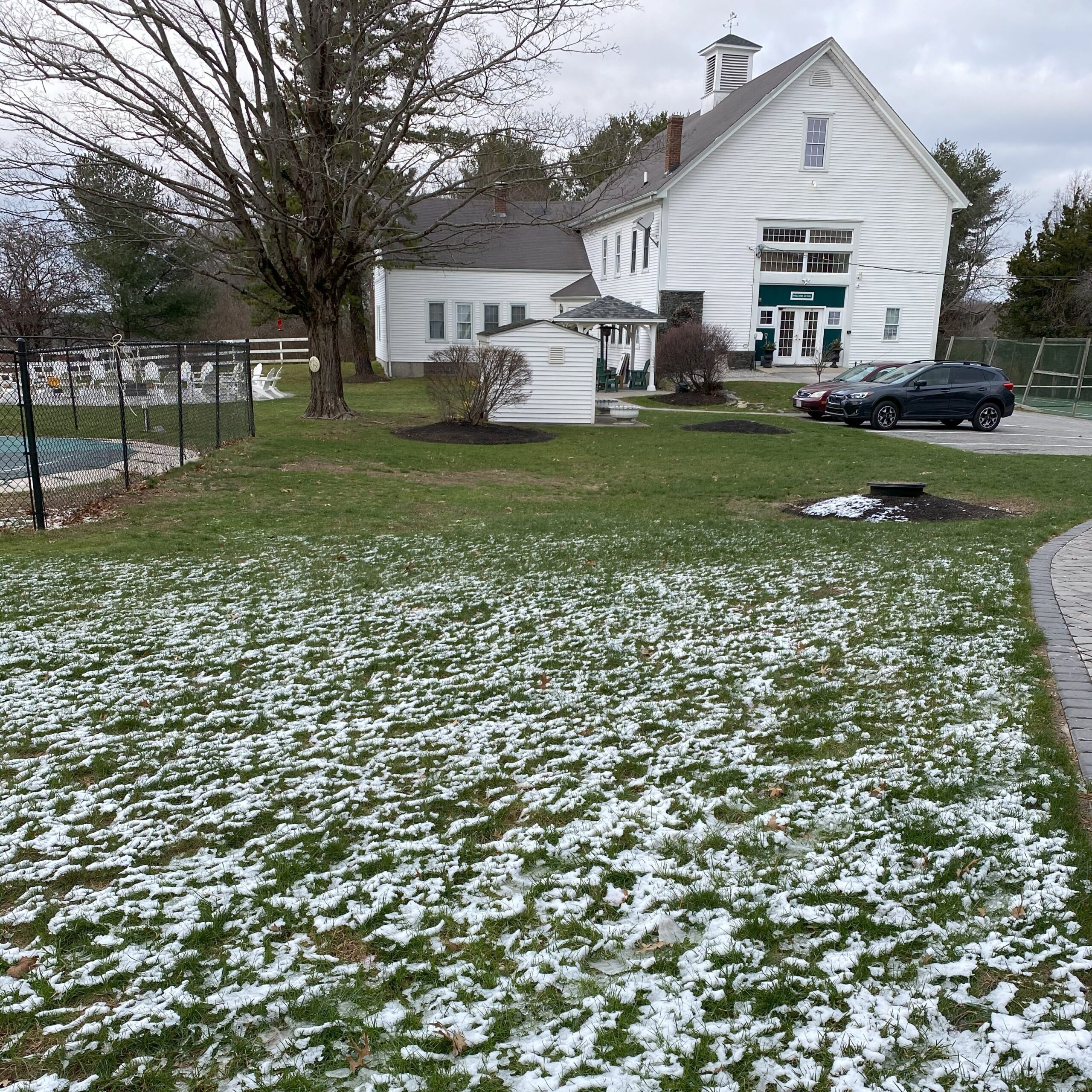
Herren Wellness is a thriving community of people at all stages in their recovery journey. We introduce holistic therapies and strategies centered around emotional, physical, and spiritual wellness, in addition to life coaching sessions, family support and an individualized wellness plan to provide a solid foundation in recovery from alcohol and substance use.
We believe that staying connected and community has a lasting impact on recovery, and encourage all alumni to participate in our weekly alumni meetings, seasonal events and annual retreat. Your connection to Herren Wellness doesn’t end when your stay ends; we are there for you throughout your recovery journey.
If you, or a loved one are struggling with substance use, why wait? Please call us at (844) 443-7736, email us at info@herrenwellness.com, or or schedule a phone consultation. You are not alone.




